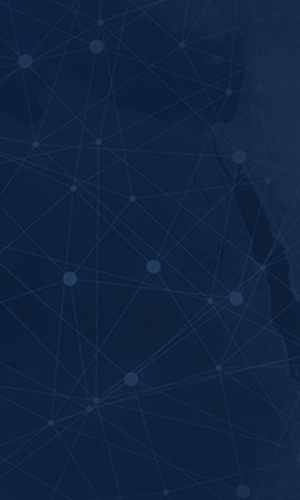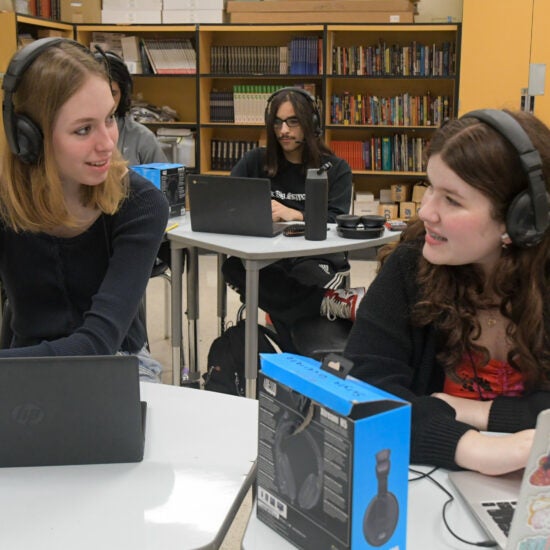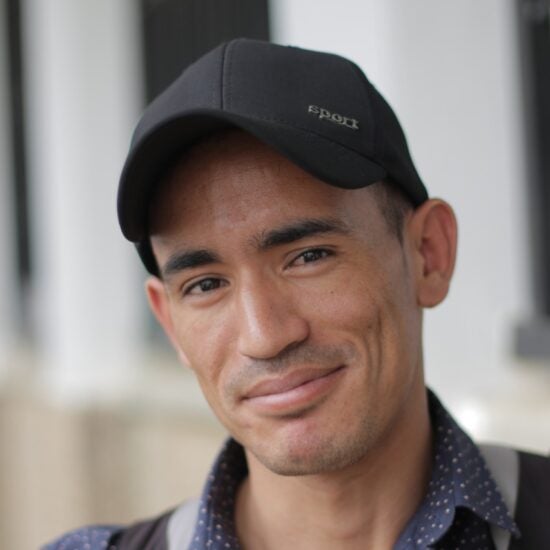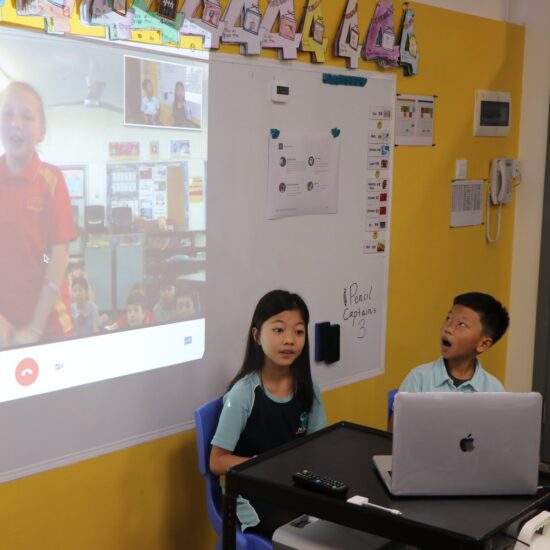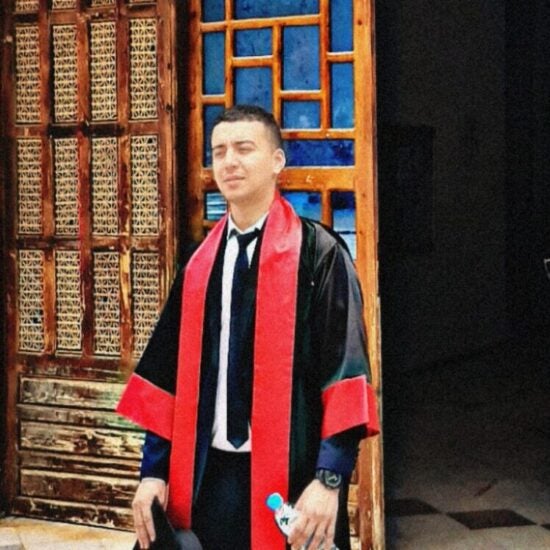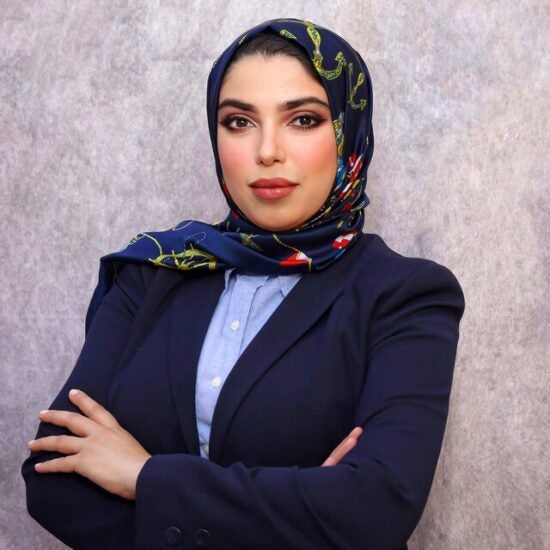Campuses across the world began closing in the spring in an attempt to contain the spread of COVID-19. Institutions were forced to pivot to distance learning. These transitions required not only access to the internet and online platforms, but also knowledge of how to effectively use online learning tools to engage students. Rapid closures limited the amount of time for planning, testing, and training.
Luckily, facilitators who participated in the Global Solutions Sustainability Challenge were equipped with the essential skills needed to successfully move their classes online and helped lead their institutions in the transition to remote learning. Global Solutions is a virtual exchange program that supports workforce development in the Jordan, Iraq, and the US.
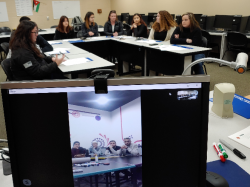 Dareen Saleh, a chef and hospitality professor at Luminus Technical University College, participated in the pilot year of the program. ”When the pandemic started to spread, the institution decided to transition to online learning through Zoom, an application we had used to communicate with our binational team during the program,” Dareen said. “Having already been trained in using Zoom, this gave me confidence to act as a main point of contact to support other faculty members in implementing this new application as they transitioned.”
Dareen Saleh, a chef and hospitality professor at Luminus Technical University College, participated in the pilot year of the program. ”When the pandemic started to spread, the institution decided to transition to online learning through Zoom, an application we had used to communicate with our binational team during the program,” Dareen said. “Having already been trained in using Zoom, this gave me confidence to act as a main point of contact to support other faculty members in implementing this new application as they transitioned.”
During the Global Solutions program, students collaborated on binational teams in a virtual business competition over a ten-week period to take on the global challenges inspired by the UN Sustainable Development Goals. Teams designed innovative solutions to real problems in their community. The program has engaged over 900 students and 65 faculty members over two years with an additional 1,500 students expected over the next year.
In this globally connected world, students and faculty need to learn how to collaborate with peers and navigate unforeseen disruptions ranging from internet connectivity to pandemics and political protests. The skills participants learn through virtual exchange programs like Global Solutions directly translate to today’s workforce. Faculty and students develop cross-cultural communication skills, empathy, and adaptability. This will be useful as companies large and small span multiple time zones and work in different languages and cultures.
Faisal Al Kurdi, a facilitator from Khawarizmi University Technical College in Jordan, was asked by his university to support the transition to online learning at his institution when COVID-19 interrupted instruction. ”The online collaboration was already familiar to me, so I adapted really well to this change, thanks to Global Solutions.” Faisal said. “In light of my experience and gained skills from the program, I was asked to facilitate an information session for my colleagues to share tips on how to collaborate virtually with students.”
Collaboration tools are essential components of the Global Solutions program that make virtual exchange possible. Faculty receive training on the technology and then lead their binational teams with tools like Slack and Zoom. According to Dirk Soma, a facilitator from Kauai Community College in the US, the program enhanced his online teaching and facilitating skills immensely, increasing his proficiency with multiple online platforms and giving him experience in preparing class sessions that would be effective through online delivery.
